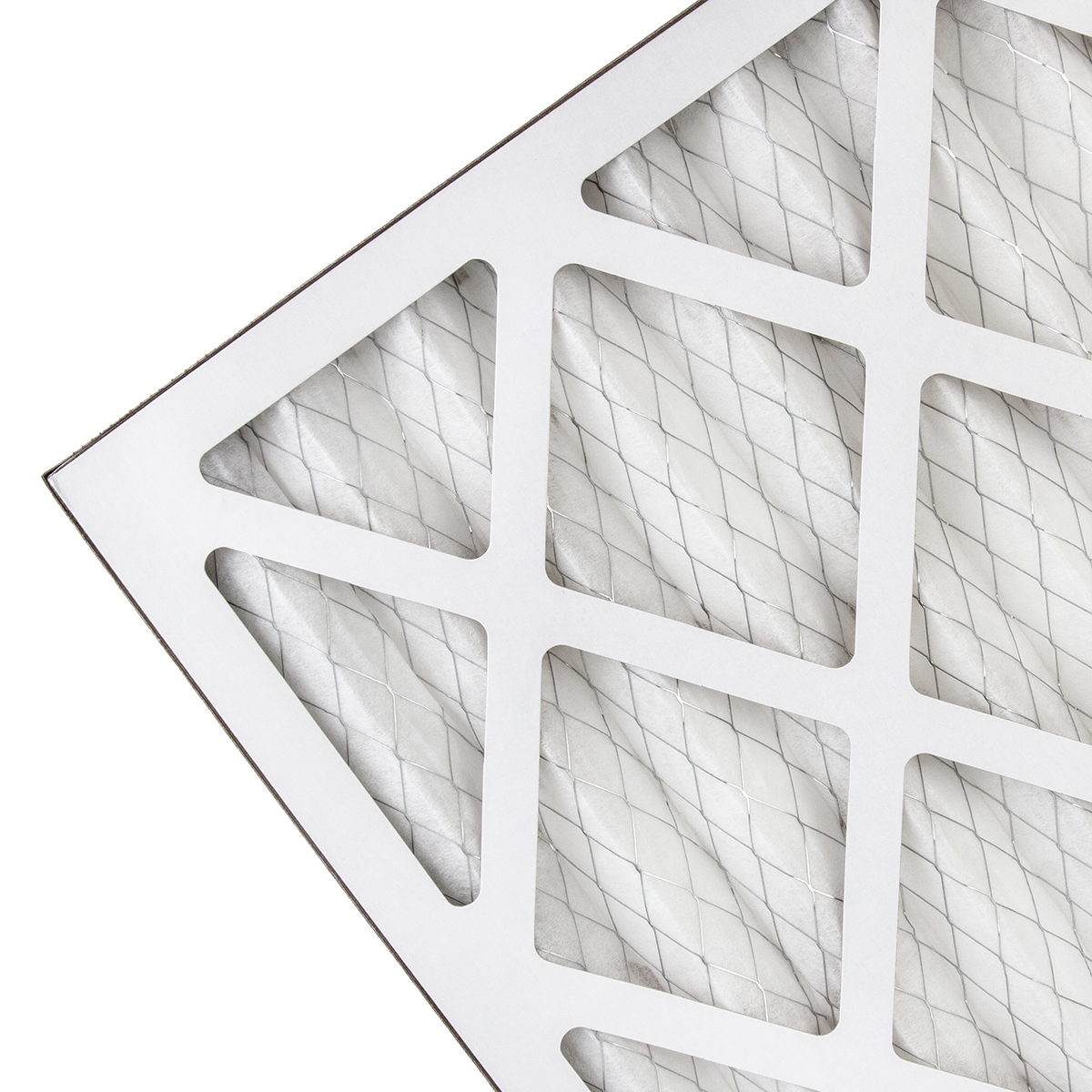Understanding MERV 13 Air Filters: The Key to Cleaner Indoor Air
Indoor air quality is essential for maintaining a healthy living environment. One of the most effective ways to enhance the quality of air in your home or office is by using high-efficiency air filters. Among the various options available, MERV 13 air filters have gained significant attention. In this blog post, we will explore what MERV 13 filters are, how they work, their benefits, and tips for selecting the right filter for your needs.
What is MERV?
MERV stands for Minimum Efficiency Reporting Value, a rating system developed by the American Society of Heating, Refrigerating and Air-Conditioning Engineers (ASHRAE). It measures the effectiveness of air filters in capturing particles of different sizes. The MERV scale ranges from 1 to 20, with higher values indicating a greater ability to trap smaller particles. MERV ratings are critical because they help consumers understand the filtration efficiency of an air filter. A MERV 13 filter falls within the range of 8 to 13 on the MERV scale, which means it can effectively capture a wide variety of airborne contaminants.
What Can MERV 13 Filters Capture?
MERV 13 filters are highly efficient at trapping both large and small particles, making them suitable for residential and commercial applications. Here’s a breakdown of the types of particles they can capture:
- Dust Mites: These microscopic creatures thrive in household dust and can trigger allergies and asthma. MERV 13 filters can capture particles as small as 0.3 microns, which includes dust mites.
- Pollen: Seasonal allergies can be exacerbated by pollen from trees, grasses, and weeds. A MERV 13 filter can effectively reduce pollen levels indoors.
- Pet Dander: For pet owners, dander can be a significant allergy trigger. MERV 13 filters can capture these tiny particles, improving air quality for those sensitive to pets.
- Mold Spores: Mold can grow in damp areas of your home, releasing spores into the air. MERV 13 filters can help trap these spores before they circulate throughout your living space.
- Smoke and Smog: Whether from cooking, wildfires, or other sources, smoke particles can be harmful. MERV 13 filters can significantly reduce exposure to these particles.
- Bacteria and Viruses: While not all bacteria and viruses are captured, MERV 13 filters can trap a considerable number of them, contributing to a healthier indoor environment.
Benefits of MERV 13 Air Filters
- Improved Indoor Air Quality: One of the primary benefits of MERV 13 filters is their ability to enhance indoor air quality. By trapping a wide range of allergens and pollutants, they help create a healthier living environment.
- Allergy Relief: For individuals suffering from allergies, MERV 13 filters can significantly reduce exposure to common allergens, leading to fewer allergy attacks and improved overall well-being.
- Enhanced HVAC System Efficiency: High-quality air filters can help your heating, ventilation, and air conditioning (HVAC) system function more efficiently. By keeping the system clean and free from debris, MERV 13 filters can extend the life of your HVAC unit and reduce energy costs.
- Reduction of Odors: While MERV 13 filters primarily focus on particle capture, some models also include activated carbon layers that can help absorb and neutralize unpleasant odors in your home.
- Healthier Living Spaces: Especially in households with children, elderly individuals, or those with pre-existing health conditions, MERV 13 filters can contribute to a safer and healthier indoor environment.
How to Choose the Right MERV 13 Filter
Selecting the right MERV 13 filter for your needs involves several considerations:
- Compatibility with Your HVAC System: Not all HVAC systems can handle high-efficiency filters. Check your system specifications to ensure it can accommodate a MERV 13 filter without causing airflow issues.
- Filter Type: MERV 13 filters come in various types, including pleated, electrostatic, and HEPA filters. Pleated filters are popular for their balance between efficiency and cost, while HEPA filters offer even higher filtration capabilities but may be more expensive.
- Replacement Frequency: MERV 13 filters generally need to be replaced every 3 to 6 months, depending on usage and environmental factors. It's essential to monitor your filter and replace it as needed to maintain optimal efficiency.
- Cost: While MERV 13 filters are typically more expensive than standard filters, the investment can be worthwhile considering the health benefits and potential energy savings.
- Manufacturer Reputation: Choose filters from reputable brands known for their quality and performance. Reading reviews and seeking recommendations can help you make an informed decision.
